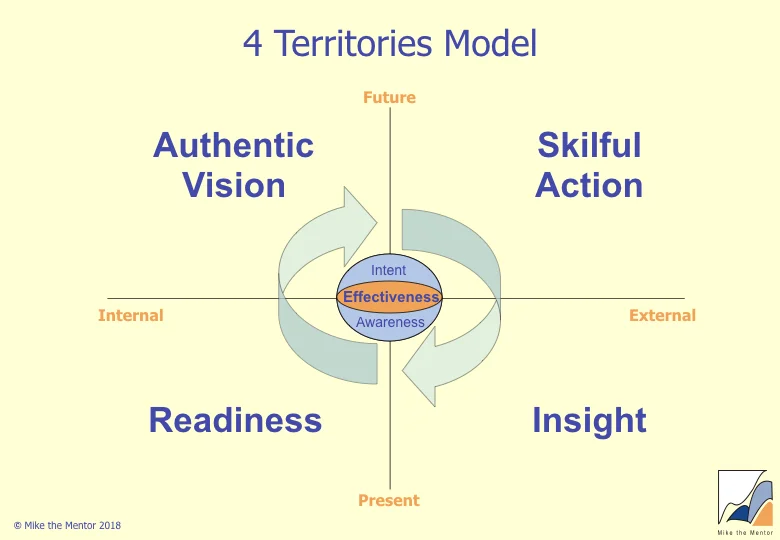Mintzberg's Conundrums of Management
/Henry Mintzberg's excellent book Managing includes a chapter on "The Inescapabable Conundrums of Managing". These conundrums are often expressed as questions - and managers across all kinds of organisations face them time and time again. Finding ways of reconciling the conundrums (they rarely can be resolved) is basic to managing. Mintzberg identifies 13 such conundrums:
Thinking Conundrums
The Syndrome of Superficiality: How to get in deep when there is so much pressure to get it done?
The Predicament of Planning: How to plan, strategize, just plain think, let alone think ahead, in such a hectic job?
The Labyrinth of Decomposition: Where to find synthesis in a world so decomposed by analysis?
Information Conundrums
The Quandary of Connecting: How to keep informed when managing by its own nature removes the manager from the very things being managed?
The Dilemma of Delegating: How to delegate when so much of the relevant information is personal, oral, ando ften privileged?
The Mysteries of Measuring: How to manage it when you can't rely on measuring it?
People Conundrums
The Enigma of Order: How to bring order to the work of others when the work of managing is itself so disorderly?
The Paradox of Control: How to maintain the necessary state of controlled disorder when one's own manager is imposing order?
The Clutch of Confidence: How to maintain a sufficient level of confidence without crossing over into arrogance?
Action Conundrums
The Ambiguity of Acting: How to act decisively in a complicated, nuanced world?
The Riddle of Change: How to manage change when there is the need to maintain continuity?
Overall Conundrums
The Ultimate Conundrum: How can any manager possibly cope with all these conundrums concurrently?
Mintzberg's Own Conundrum: How do I reconcile that fact that, while all of these conundrums can be stated apart, they all seem to be the same?
Successful managers find ways of dealing with these conundrums. Whenever you're faced with an either-or dilemma, the one thing you do know that the answer is neither the 'either' nor the 'or'. Nor is it doing 50% of each. Rather we have to find a synthesis which is 'both .... and ....'. This will often seem paradoxical, as in finding order beyond the chaos, to take Mintzberg's first conundrum. Such paradoxes can't be worked out intellectually but have to be experienced.
Coaching Conundrums
Prompted by Mintzberg's list, here are some of the conundrums that coaches have to resolve:
The Client Conundrum: How to deliver organisational value and individual benefit?
The Purpose Conundrum: How to improve performance and help the coachee develop?
The Outcome Conundrum: Whether to set goals or see what emerges?
The Interest Conundrum: Whether to follow interest or set the agenda?
The Challenge Conundrum: How to simultaneously support and challenge?
The Moral Conundrum: Should coaches be the guardians of wider interests of society, or should they support organisations in achieving their business goals?
This is a partial list - let me know what other conundrums you think should be on this list.

